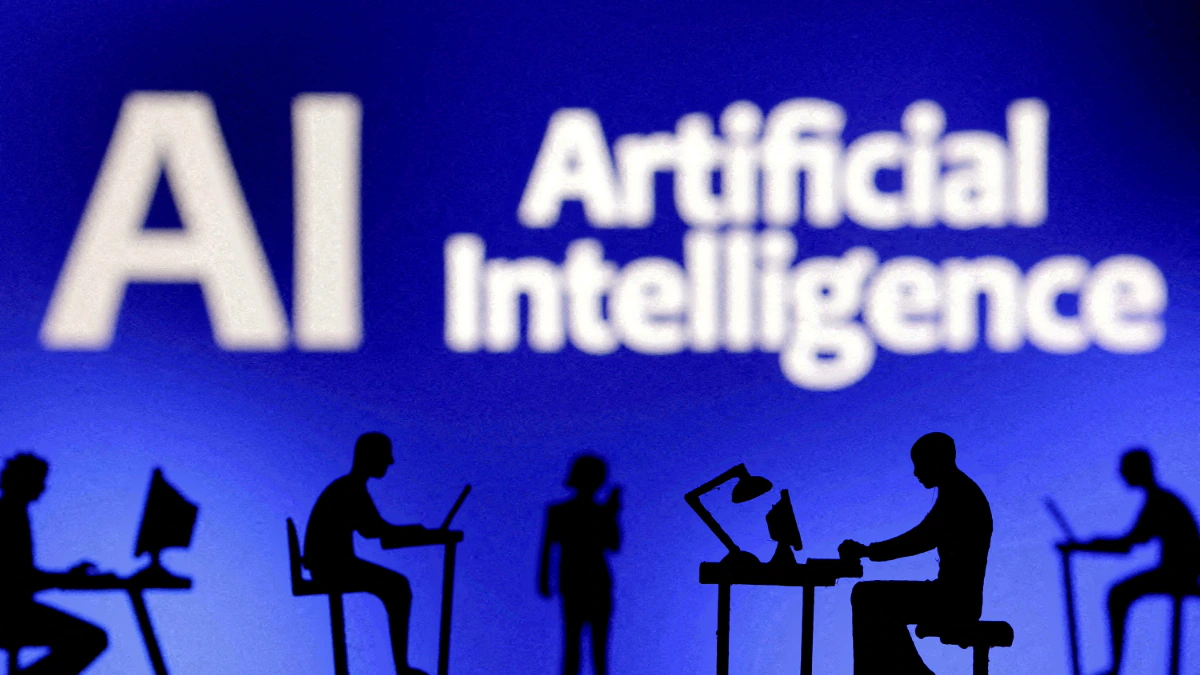
First international AI treaty to be signed by the US, UK, and EU
As announced by the Council of Europe human rights organization, the first legally binding international AI treaty will be available for signature by the nations who negotiated it, including the US, the UK, and members of the European Union.
After discussions involving 57 countries, the AI Convention was finally adopted in May, addressing potential hazards and encouraging responsible research. It had been in the works for years.
As to the statement released by Britain’s Justice Minister Shabana Mahmood, “This Convention is a major step to ensuring that these new technologies can be harnessed without eroding our oldest values, like human rights and the rule of law.”
Unlike the EU AI Act, which went into effect last month, the AI Convention is primarily concerned with protecting the human rights of anyone impacted by AI systems.
Comprehensive rules governing the creation, implementation, and use of AI systems within the EU internal market are contained in the AI Act of the European Union.
All 27 EU member states are among the 47 nations that make up the Council of Europe, an international body that was created in 1949 and is separate from the EU with the mission of defending human rights.
A Committee on Artificial Intelligence was established in 2022 and composed of individuals who authored and negotiated the wording of the AI framework convention, after an ad hoc committee began investigating the possibility of one in 2019.
The parties agreeing to the terms may decide to implement or uphold administrative, legislative, or other measures.
Together with other civil society organizations, Francesca Fanucci, a legal expert at ECNL (European Center for Not-for-Profit Law Stichting), helped develop the treaty. She told Reuters that the accord had been “watered down” into a vague list of principles.
“The formulation of principles and obligations in this convention is so overbroad and fraught with caveats that it raises serious questions about their legal certainty and effective enforceability,” she added.
Fanucci pointed out as shortcomings the lack of oversight of private enterprises compared to the public sector and the exclusions for AI systems employed for national security purposes. She continued, “This double standard is disappointing.”
The UK government promised to collaborate with local governments, devolved administrations, and regulators to make sure its new criteria could be implemented correctly.
All Categories
Recent Posts
Tags
+13162306000
zoneyetu@yahoo.com


